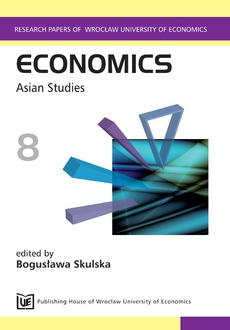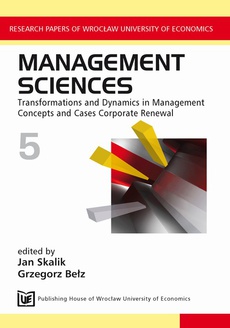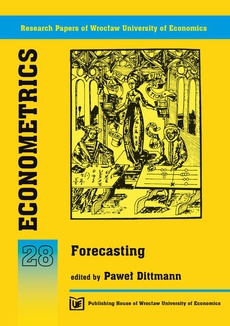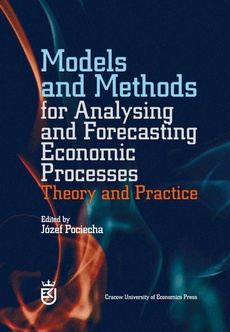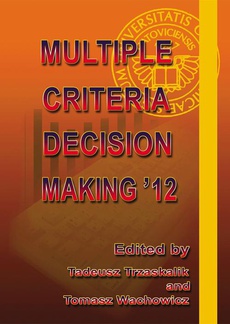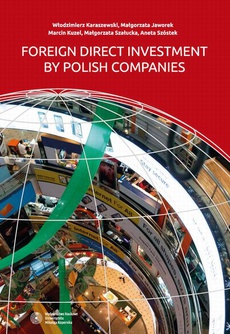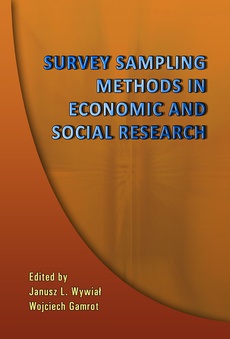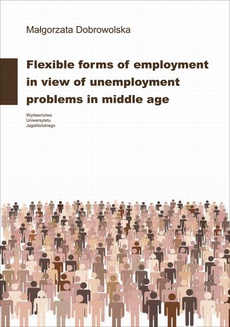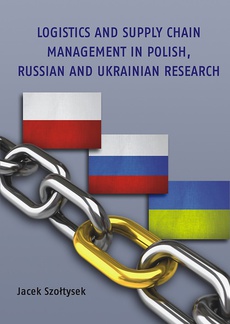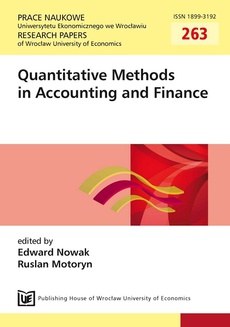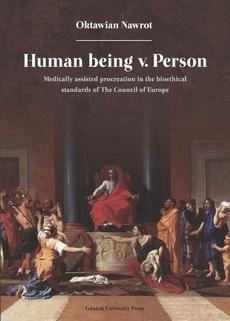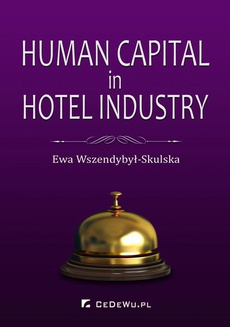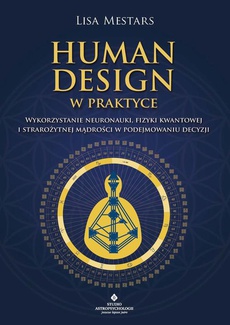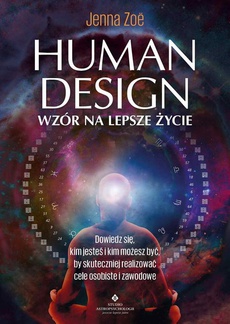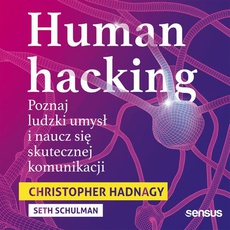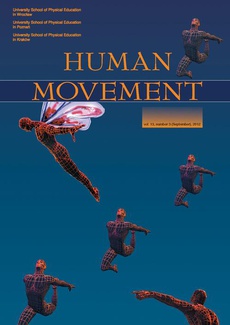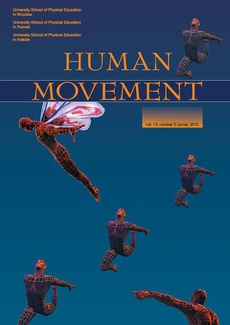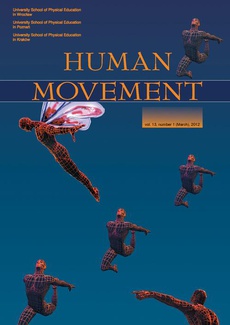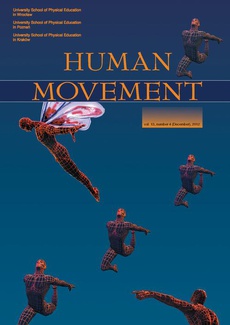POLECAMY
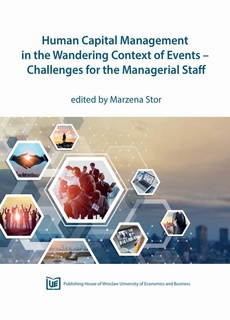
Human Capital Management in the Wandering Context of Events – Challenges for the Managerial Staff
Redakcja:
Format:
ibuk
This monograph is the result of cooperation between twenty researchers from eleven Polish universities and is based on the assumption that both employees and HRM in organizations are increasingly subject to unprecedented contextualization. The context is perceived as a phenomenon of a dynamic nature in which different stakeholders have to operate. The dynamics of this context is so specific and so enormous that this context becomes a wandering context of events in which it is more and more difficult to make rational decisions. The main goal of the monograph is to present empirical research findings and conceptual developments in selected HRM problems in various contexts. As for these contexts, the journey undertaken in this monograph begins with organizational contexts, then virtual and digital, followed by that of the pandemic, and finally ends in a context strongly focused on people. As the monograph is of a scientific and research nature, it is dedicated to other researchers dealing with HRM issues as well as management students who would like to deepen their knowledge in this field and learn about the latest research. At the same time, the authors also hope that it may be interesting for management practitioners who are looking for inspiration to create effective solutions in their work with human capital.
| Rok wydania | 2022 |
|---|---|
| Liczba stron | 162 |
| Kategoria | Publikacje Obcojęzyczne |
| Wydawca | Wydawnictwo Uniwersytetu Ekonomicznego we Wrocławiu |
| ISBN-13 | 978-83-7695-988-7 |
| Numer wydania | 1 |
| Informacja o sprzedawcy | ePWN sp. z o.o. |
Ciekawe propozycje
Spis treści
| Preface | 8 |
| Part I. The contextual effects of the organization’s type on HCM | 11 |
| 1. Employee development and competency management in MNCs – a comparison between Eastern and Western Europe (Marzena Stor) | 12 |
| 1.1. Introduction | 12 |
| 1.2. Theoretical foundations for the variables describing ED & CM in M NCs | 13 |
| 1.3. The empirical research methodics | 15 |
| 1.4. The empirical research findings | 17 |
| 1.5. Final conclusions and research summary | 22 |
| 2. Training as a process in civil and military organizations – the concept of standardization for the needs of the Armed Forces of the Republic of Poland (Krystian Wojtasik) | 25 |
| 2.1. Introduction | 25 |
| 2.2. Theoretical foundations for an interdisciplinary and processual approach to training | 26 |
| 2.3. The research methodics used to develop a theoretical concept | 28 |
| 2.4. The comparative research findings | 29 |
| 2.5. Final conclusions and research summary | 31 |
| 3. Competency model of the research and administrative support staff in Polish universities – the empirical research results (Barbara Kożusznik, Olaf Flak, Adrian Pyszka, Katarzyna Więcek-Jakubek, Grzegorz Filipowicz) | 33 |
| 3.1. Introduction | 33 |
| 3.2. Theoretical foundations for the competency model in the academic environment | 34 |
| 3.3. The empirical research methodics | 37 |
| 3.4. The empirical research findings | 40 |
| 3.5. Final conclusions and research summary | 44 |
| Part II. HCM in the context of work virtualization and digitalization | 45 |
| 4. Virtualization of social relations in the organization from the employees’ perspective (Joanna Cewińska, Małgorzata Striker) | 46 |
| 4.1. Introduction | 46 |
| 4.2. Theoretical foundations for the employees’ social needs in virtualizing working relations | 47 |
| 4.3. The empirical research methodics | 50 |
| 4.4. The empirical research findings | 51 |
| 4.5. Final conclusions and research summary | 54 |
| 5. Digital transformation of employee learning and development in the organization (Katarzyna Mikołajczyk) | 56 |
| 5.1. Introduction | 56 |
| 5.2. The overview of a new context for employee learning and development | 57 |
| 5.3. Transformation of learning and development in the organization | 59 |
| 5.4. Selected digital technologies used in employee development | 62 |
| 5.5. Final conclusions and overview summary | 65 |
| 6. Benefits and threats of knowledge management supported with artificial intelligence algorithms from the end user’s perspective (Katarzyna Czainska) | 68 |
| 6.1. Introduction | 68 |
| 6.2. Theoretical foundations for the concept of Generation Z and AI solutions in knowledge management | 69 |
| 6.3. The empirical research methodics | 71 |
| 6.4. The empirical research findings | 72 |
| 6.5. Final conclusions and research summary | 74 |
| Part III. HCM in the context of the COVID-19 pandemic | 76 |
| 7. Job satisfaction among teachers during the COVID-19 pandemic (Dorota Grego-Planer) | 77 |
| 7.1. Introduction | 77 |
| 7.2. Theoretical foundations for the concept of job satisfaction | 78 |
| 7.3. Empirical research methodics | 81 |
| 7.4. Empirical research findings | 82 |
| 7.5. Final conclusions and research summary | 84 |
| 8. Managing staff development during the COVID-19 pandemic (Agnieszka Jarosik-Michalak, Monika Miętkiewicz, Joanna Olkowicz) | 86 |
| 8.1. Introduction | 86 |
| 8.2. Theoretical foundations for the contextual influence of the COVID-19 pandemic on employee development and requirements regarding competencies | 87 |
| 8.3. The empirical research methodics | 90 |
| 8.4. The empirical research findings | 92 |
| 8.5. Final conclusions and research summary | 95 |
| 9. The importance of role and tasks of HR Business Partners during the COVID-19 pandemic (Joanna Tabor-Błażewicz) | 98 |
| 9.1. Introduction | 98 |
| 9.2. Theoretical foundations for the HR Business Partner concept | 99 |
| 9.3. The empirical research methodics | 101 |
| 9.4. Empirical research findings | 102 |
| 9.5. Final conclusions and research summary | 105 |
| Part IV. The human side of business as a modern contextual factor for HCM | 107 |
| 10. Job security – from the perspective of employee interests (Anna Cierniak-Emerych) | 108 |
| 10.1. Introduction | 108 |
| 10.2. Theoretical foundations for job security and its importance for employee interests | 109 |
| 10.3. The empirical research methodics | 112 |
| 10.4. The empirical research findings | 113 |
| 10.5. Final conclusions and research summary | 115 |
| 11. The social activity of organizations as a determinant of employee satisfaction and commitment (Dominika Nieć, Grzegorz Łukasiewicz) | 117 |
| 11.1. Introduction | 117 |
| 11.2. Theoretical foundations for the concept of the social activity of an organization | 118 |
| 11.3. Theoretical concept of the relation between employee commitment and the social activity of the organization | 123 |
| 11.4. Theoretical concept of the relation between employee job satisfaction and the social activity of an organization | 124 |
| 11.5. The final concept of relations between employee satisfaction and commitment and the social activity of an organization | 126 |
| 12. Benefits and limitations in the use of green human resources management practices in an automotive industry company – a case study (Inez Pomorska-Jarząb) | 128 |
| 12.1. Introduction | 128 |
| 12.2. Theoretical foundations for the concept of Green HRM | 129 |
| 12.3. The empirical research methodics | 133 |
| 12.4. The empirical research findings | 134 |
| 12.5. Final conclusions and research summary | 138 |
| Summary | 140 |
| References | 142 |
| List of figures | 160 |
| List of tables | 160 |

